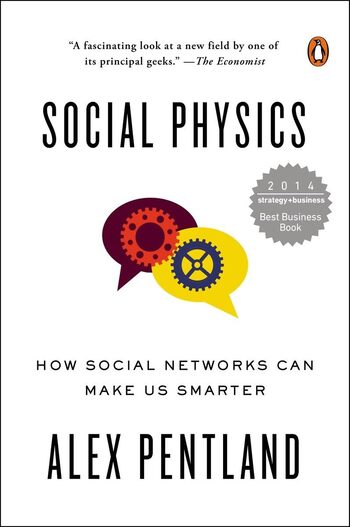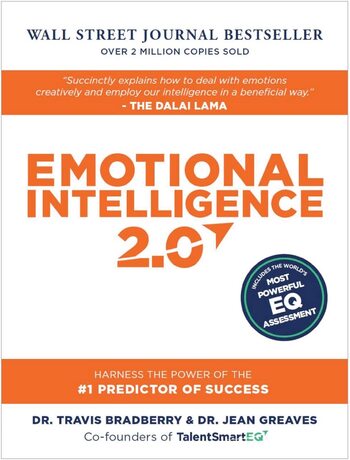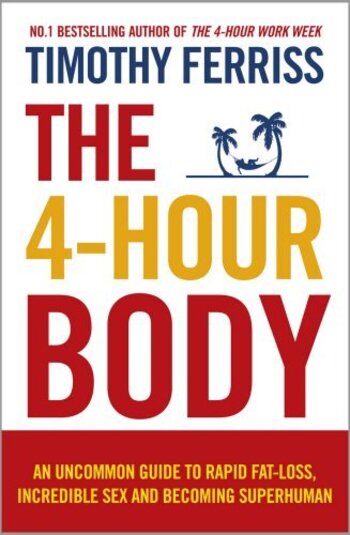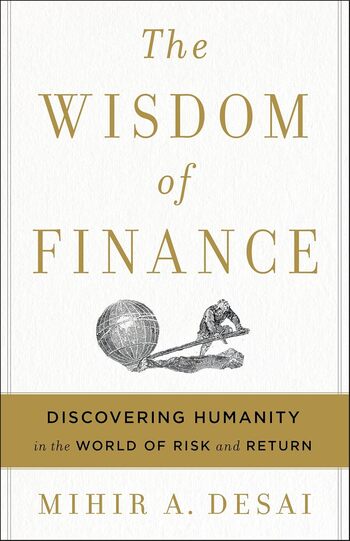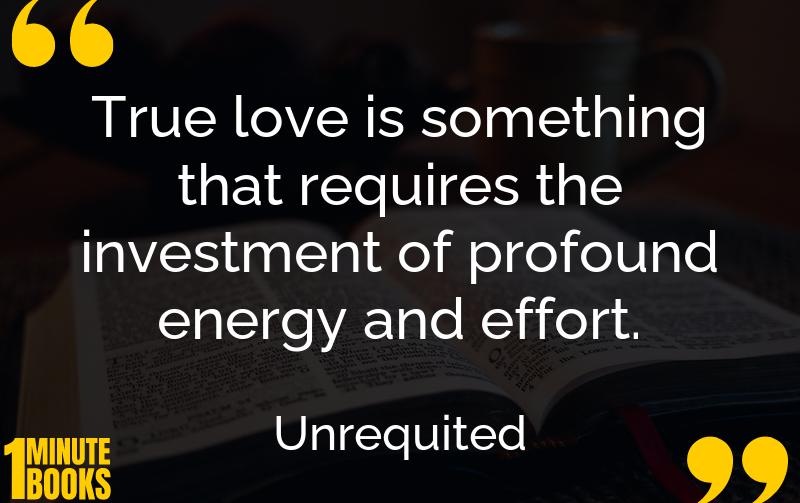
Unrequited explores the complex and often painful realm of romantic obsession. It examines societal perceptions, gender norms, and the psychological patterns leading people to fixate on unattainable love.
Main Lessons
- Unrequited love often leaves one feeling profoundly alone and misunderstood.
- Societal norms on romance are biased, with men pursuing seen as valiant and women as neurotic.
- Romantic obsession can be viewed as a mental illness but may also guide us toward self-discovery.
- Intense romantic feelings activate the same brain areas as addictive substances.
- Our pursuit of love is driven by bonding needs, not strictly by gender roles.
- Past traumas can contribute to adult obsessions in love.
- Unrequited love may lead to intrusive behaviors, mistaking self-indulgence for genuine affection.
- Creative outlets can transform the pain of unrequited love into artistic inspiration.
- Cognitive Behavioral Therapy can aid in breaking detrimental patterns of romantic obsession.
- For teens, crushes are formative and help practice emotional resilience.
- Romantic obsession can mask deeper issues; understanding this can lead to personal growth.
- Writing unsent letters can be therapeutic, offering a healthier way to process emotions.
